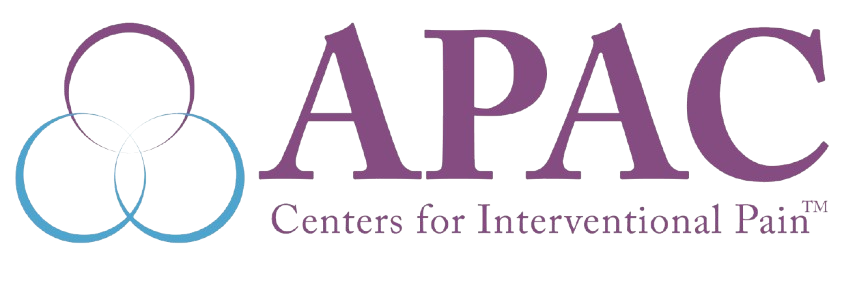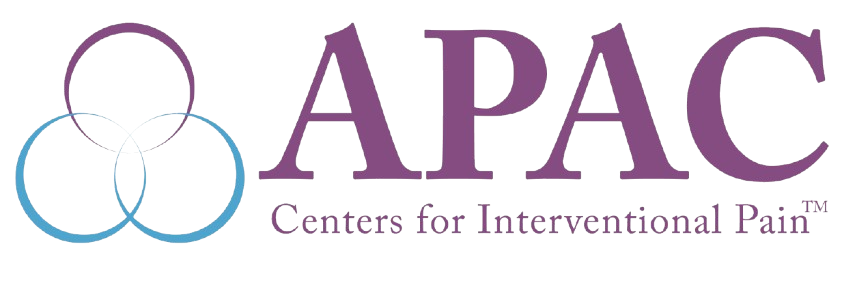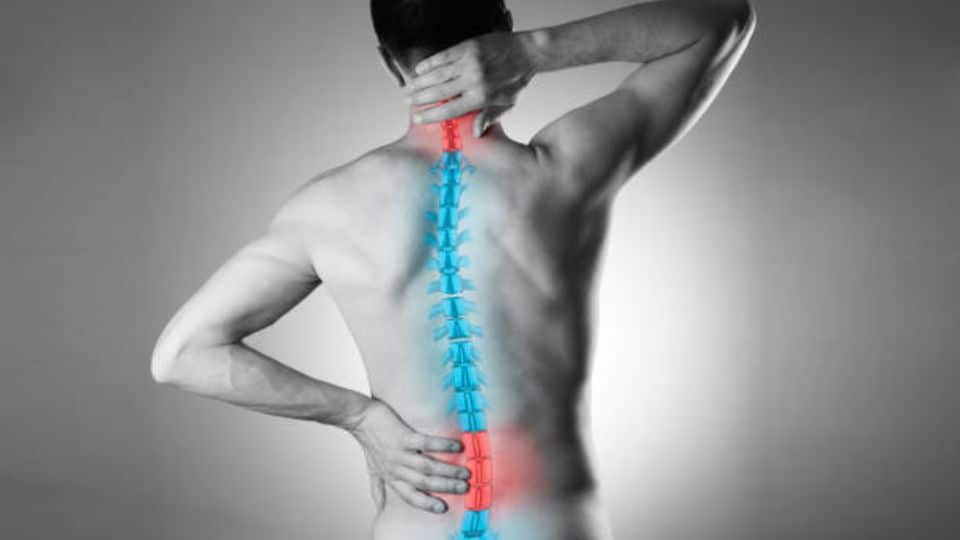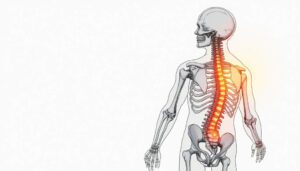Pain is an unavoidable sign something is wrong in the body, but it can come in different forms. Acute pain and chronic pain are two common types of pain that differ significantly from one another. Understanding acute and chronic pain differences can help you better manage discomfort.
A pain management specialist can also help diagnose and treat any pain.
Read more: What Is Pain Management and How Can Pain Management Doctors Help You?
We will explain the differences between acute and chronic pain and treatments that can help manage each type of discomfort.
What Is Acute Pain?
Acute pain is the body’s warning system that something is wrong. It is usually sharp and occurs suddenly, lasting seconds or minutes to hours. It occurs in the area of the body where something is wrong and may be accompanied by other symptoms, such as swelling or redness.
Some causes of acute pain include:
• Injury or trauma
• Surgery
• Dental procedures
• Illness
• Childbirth
Acute pain is usually treated with medication, such as over-the-counter drugs or prescription medications. Depending on the cause of the pain, physical therapy and other therapies may also be recommended. The goal of treatment is to reduce pain and allow the person to function normally.
What Is Chronic Pain?
Chronic pain is persistent and long-lasting, usually lasting months or years. It may be continuous or intermittent and can range from mild to severe. Unlike acute pain, chronic pain does not serve as a warning signal for something wrong in the body. It typically results from an underlying medical condition, such as arthritis, fibromyalgia, migraine headaches, or nerve damage.
a) Arthritis: A joint disorder that causes inflammation in one or more joints.
b) Fibromyalgia: A medical condition characterized by chronic pain and tenderness throughout the body.
c) Migraine headaches: Severe, recurring headaches with throbbing pain lasting up to several days.
d) Nerve damage: Damage to the nerve cells that can cause pain, numbness, or tingling.
How Is Acute Pain Treated?
Acute pain is typically treated differently than chronic pain. Acute pain can be treated with over-the-counter medications such as ibuprofen or acetaminophen. In severe cases, a doctor may prescribe stronger medications for short periods to help manage the pain until the underlying cause has been addressed. Other treatments, such as physical therapy, nerve blocks, and topical analgesics, may also help manage acute pain.
Ways To Treat Chronic Pain
When treating chronic pain, the focus is usually on relieving symptoms and improving a person’s quality of life. This is typically done through physical therapy, medications, lifestyle changes, or a combination of all three.
Medications include:
1) Trigger Point Injections – This type of injection targets specific areas of the body where the pain is localized.
2) Nonsteroidal Anti-inflammatory Drugs (NSAIDs) – These drugs reduce inflammation and can help with chronic pain.
3) Steroid Injections – These injections reduce inflammation in a specific body area and can provide long-term relief from chronic pain.
4) Epidural Steroid Injections – These injections reduce inflammation and pressure in the spine.
If you are searching for pain management centers in Indiana, contact APAC Centers for Pain Management. We specialize in helping individuals suffering from both acute and chronic pain. Our team of providers can make a diagnosis and create an individualized treatment plan to help you manage your pain.







